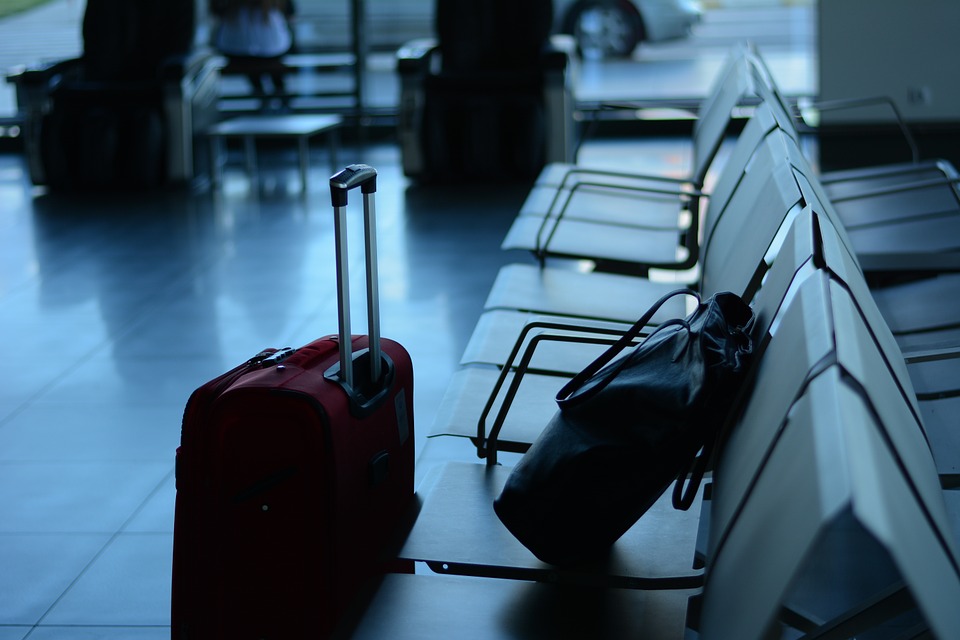Six weeks after U.S. carriers unilaterally moved to ban smart luggage from travel in or under airplane cabins, the ban has gone into full effect as of Monday — with little movement from hardware manufacturers.
«We are still fighting,» Tomi Pierucci, the CEO of Bluesmart admitted to FORBES this week. At the time the luggage ban was announced last month, Pierucci and many of the other smart luggage manufacturers vowed to fight the ban and work with carriers directly to gain exemptions. So far, however, no changes to the ban have been implemented.
Airlines originally announced the ban in December because of concerns over lithium ion batteries in airplane cargo holds. When punctured, those batteries can potentially explode, creating a fire hazard underneath the plane. Lithium ion batteries — the same cells used in most laptop computers — are still allowed in the passenger cabin, however recent restrictions around new basic economy fare classes means that more passenger bags may now end up in the cargo hold by default.
With the bans now in place, airlines are now being more proactive about finding and preventing smart luggage from entering the aircraft. «Our agents have been provided guidance on what to look for "“ both at the gate and at the ticket counter,» says Ross Feinstein, a senior manager of corporate communications at American Airlines. «We will also ask customers when they check a bag if they have any batteries installed in their bag.»
To get around the ban, many manufacturers are taking advantage of battery modularity with some luggage models. The battery in Away’s smart luggage, for example, can slide out before flight and allow a passenger to carry the cell into the airplane cabin. Other manufacturers like Bluesmart, however, do not incorporate that design…



